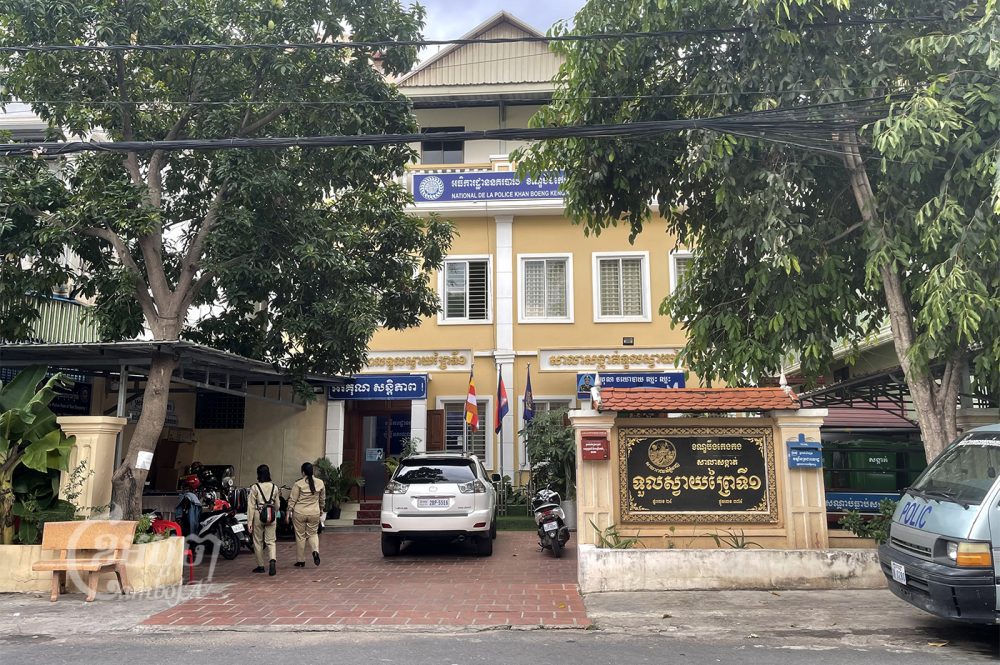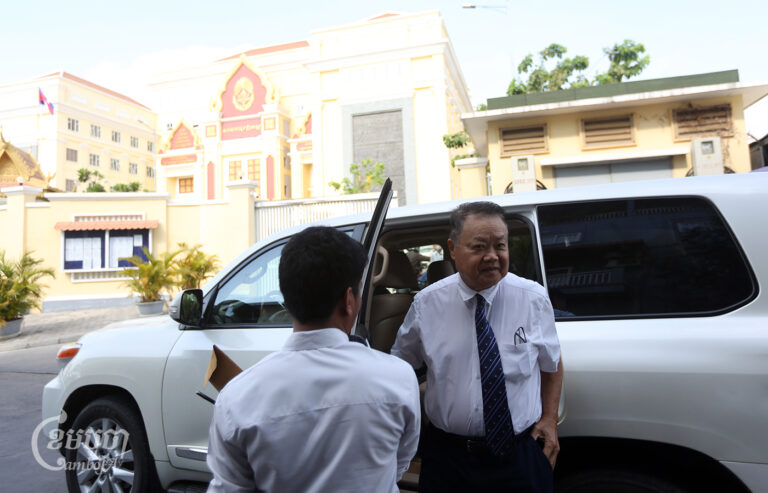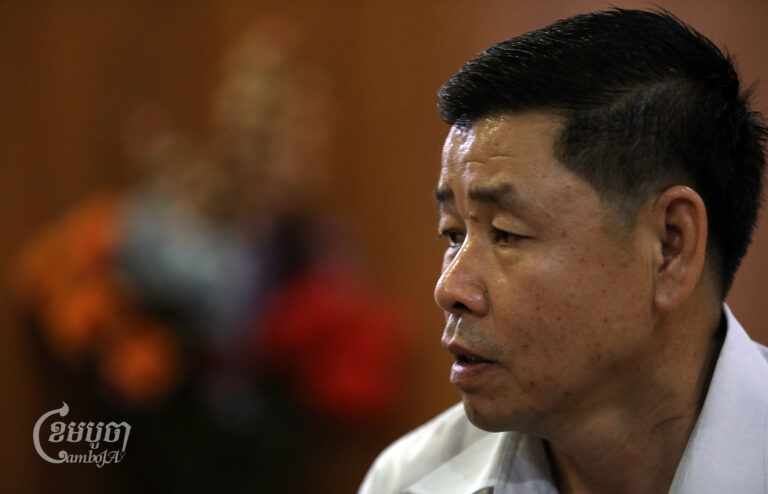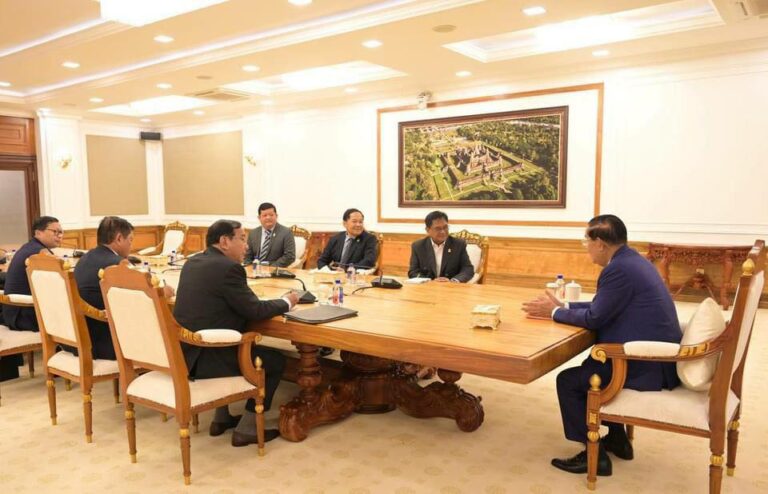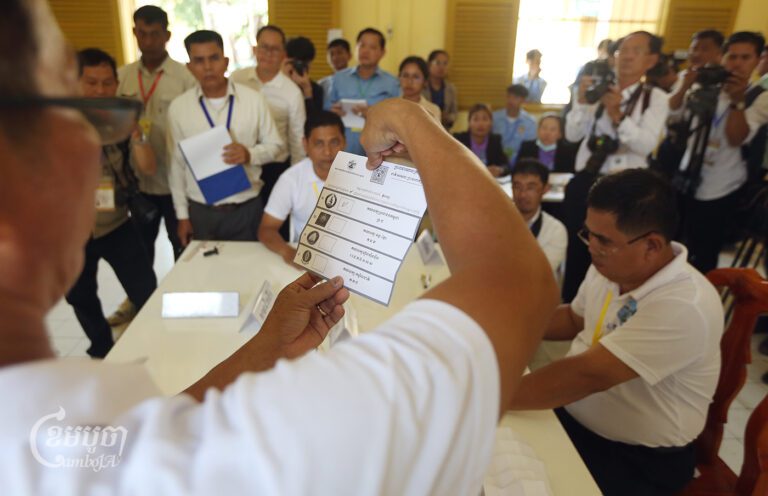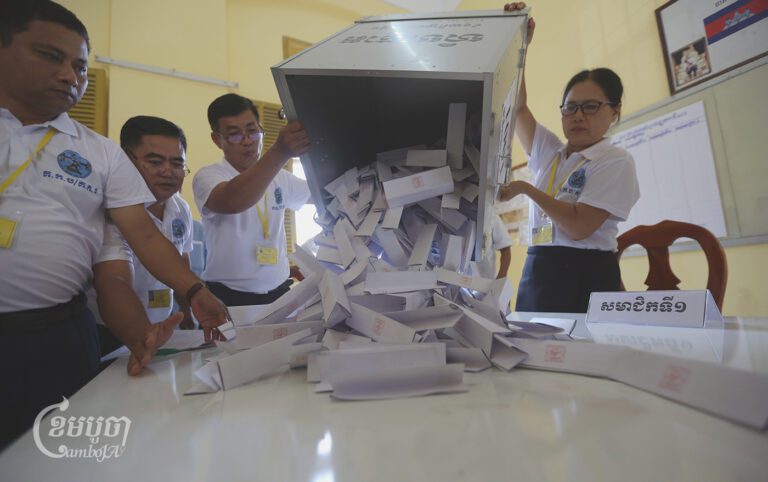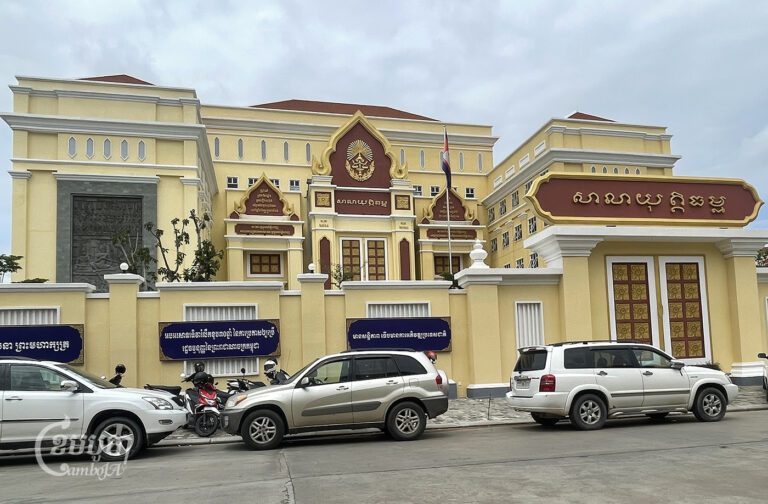On Tuesday, the National Election Committee (NEC) took an unusual move in striking an entire list of 18 Candlelight Party commune election candidates in Phnom Penh, providing little information as to why.
The NEC decision effectively removes the leading opposition party from the ballot in the capital’s Tuol Svay Prey I commune, which is in Boeng Keng Kang district. The committee said it took action in response to complainant Mao Mony, who asked for the list deletion by claiming irregularities in the opposition candidates’ applications.
NEC spokesman Hang Puthea told CamboJA the committee on Tuesday deleted the Candlelight candidates as it found that four of the 18 had not themselves filled out their applications to be on the ballot, prompting an inquiry as to whether they were truly literate in the Khmer language. That is a requirement to stand for election, and though the four were eventually determined to be sufficiently literate, the committee decided anyway to remove the entire list.
“The person who made the complaint to remove the election candidates list was originally due to an irregularity that they had not written the application by themselves,” Puthea said.
That irregularity meant the four were not eligible to remain on the ballot. Parties usually account for potential issues for individual candidates by finding reserves for their lists. However, in this case the entire list has been stripped of the right to stand as candidates for the election and, given that candidate registration has officially closed, Candlelight now is effectively shut out from contesting the commune.
Puthea did not provide a detailed explanation for why the NEC struck the entire list, other than saying it was a request of the complainant.
The deletion of the list is the latest removal of candidates across the country, all of whom have so far been associated with opposition parties, prompting an outcry from civil society groups that say such actions are used as a hurdle for Candlelight. For now, literacy claims seem to be the main source of complaints to the NEC.
Candlelight vice president Thach Setha expressed disappointment with the Tuesday decision of the committee. Setha also claimed the complainant Mony is the CPP’s candidate for the commune.
“We have faced many problems,” Setha said. “It is a serious issue that the Cambodian People’s Party filed a complaint to dissolve one commune [list].”
He explained that the four candidates had protested that they didn’t recognize their own names as candidates.
“It is so unfair that we cannot accept it,” he added.
Cambodia will hold its commune council election on June 5, across 1,652 communes. According to information from the NEC, there are 82,786 candidates registered nationwide from 17 parties.
Candlelight is the second-most represented party in these elections, behind only the CPP. The opposition party says it is missing only three communes, in Ratanakiri and Pursat provinces, from stocking candidates across the total field.
Sam Kuntheamy, executive director at the Neutral and Impartial Committee for Free and Fair Elections, said the NEC’s decision to strike the 18 candidates affects the rights of voters to choose their representatives.
Still, he said commune council election law does typically allow the removal of candidates who do not meet literacy qualifications.
“What I have seen doesn’t have much impact on the electoral process because they [political parties] have their reserve candidates,” Kuntheamy said, speaking generally to candidate removal processes.
Still, the list removal in Boeng Keng Kang district is just the latest in an NEC trimming of ballots due to literacy issues.
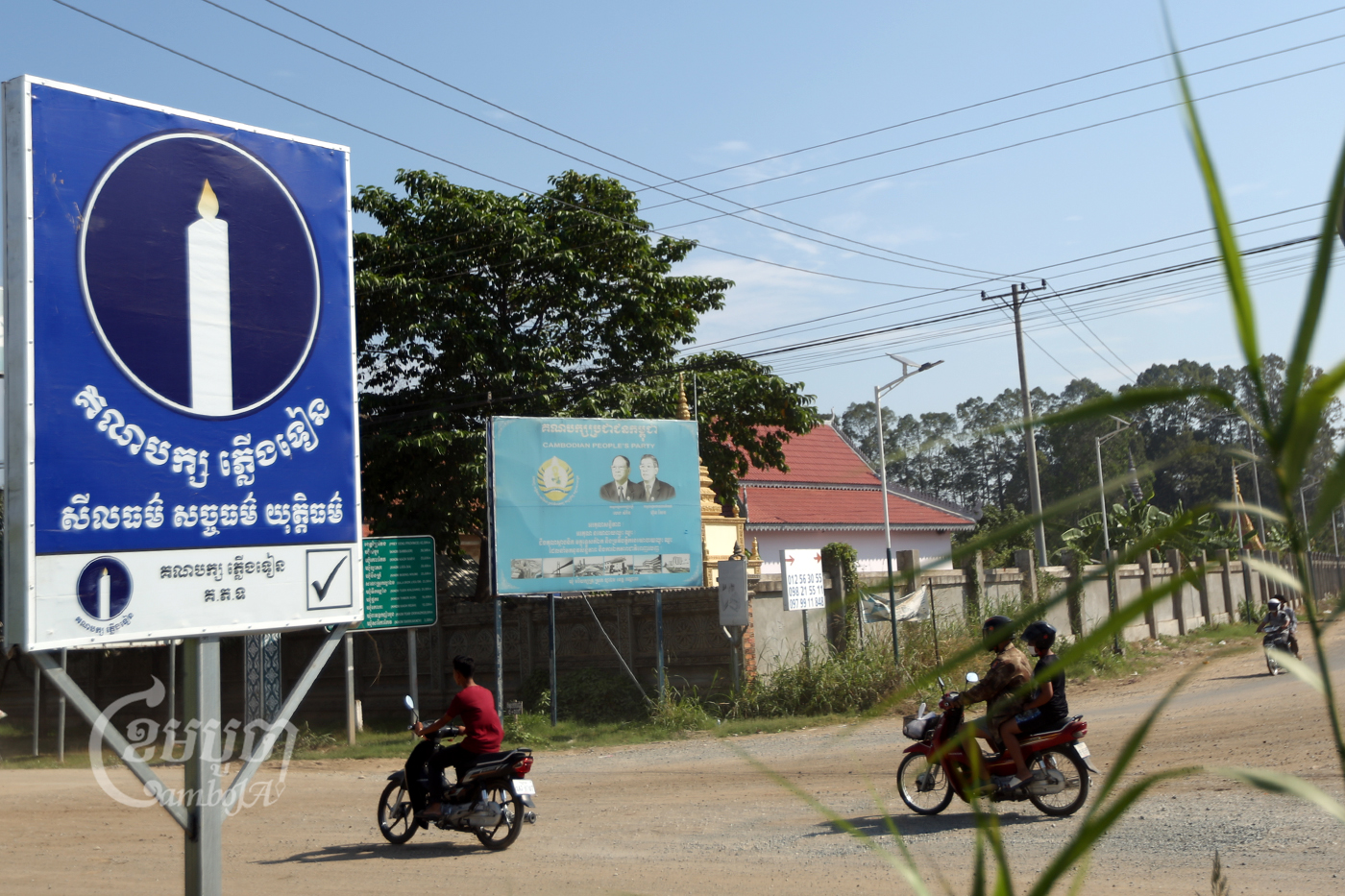
On Friday last week, the NEC deleted 20 candidates from Candlelight and four from the Khmer Will Party who were set to run in the upcoming election.
The NEC said in a statement that its members had fielded 16 complaints filed by local villagers against candidates in Phnom Penh, Koh Kong and other provinces, alleging the candidates can’t read and write in the Khmer language.
“According to their answers, they really cannot read and write,” stated the NEC.
Additionally, some of the candidates were not on voter lists in the communes where they had applied to stand for the election.
After the Friday decision of the NEC, Candlelight’s Setha held a meeting with a senior official of the Interior Ministry to address the ongoing issue of local authorities hampering, threatening, and arresting the party’s candidates for allegations of fraudulent documents.
“Commune chiefs [of the CPP] who have gained power are afraid to lose their position, so they have tried all means to obstruct the Candlelight Party,” Setha said.
He said the Interior Ministry recognized the issues at hand and would address local authorities that continue acting improperly.
Just last week, the Pursat provincial court imprisoned two Candlelight commune election candidates, Ouk Saovarin and Chhuon Chhoeung, for charges of forging public documents. Setha rejected the charges against the candidates as a political threat.
Puthea said the NEC is continuing to hear cases related to withdrawing candidacies from some political parties, with Candlelight having the most so far.
Still, Puthea said there was “confusion” about the issue and that such withdrawals are not political repression but rather enforcement of the literacy criteria.
Political analyst Em Sovannara said Candlelight is a prominent party that can compete with the ruling CPP for commune seats. He pointed to the popularity of the party under its previous branding as the Sam Rainsy Party and later after merging with the Human Rights Party to become the CNRP – which then went on to nearly defeat the CPP in the 2017 commune elections.
“If the withdrawal of candidates continues to happen, it will impact the conduct of free and fair elections, including the international community criticizing the freedom to participate,” Sovannara said.
He added that the public has lost trust in the independence of the NEC since the dissolution of the CNRP, as almost all of the committee members are now affiliated with the CPP.
CPP spokesman Sok Eysan denied the withdrawal of opposition candidates was a matter of political persecution.
“It isn’t politically hampering because the Candlelight Party’s candidates can’t read and write in Khmer,” he said, adding that the NEC was following the law.
Eysan also denied another claim of political tampering, that local authorities have threatened to remove IDPoor cards from people who promote opposition parties.
But Kong Monika, president of the Khmer Will Party, said he believed the literacy rationale “an inappropriate reason” to delete candidates.
“We think there are other problems,” he said, adding that the party had the NEC rules in mind when registering candidates.
Molika said the intimidation of Khmer Will candidates outside Phnom Penh has included requests to remove candidates by threat of commune chiefs who said they could revoke IDPoor cards from those affiliated with the party.
“It is the government and the commune administration itself that helps the people, not the political parties,” Molika said. “So, if the Khmer Will Party is elected, we can work better than the ruling party does today.”
Khoeuy Sinoeun, a deputy of the Cambodia National Love Party, said his party has not faced complaints related to election candidates but has seen many challenges from local authorities – including threats of IDPoor card revocation for the party’s candidates.
He raised an example of five of the party’s candidates in Battambang province’s O’char commune who stopped campaigning after they feared the loss of their IDPoor cards.


